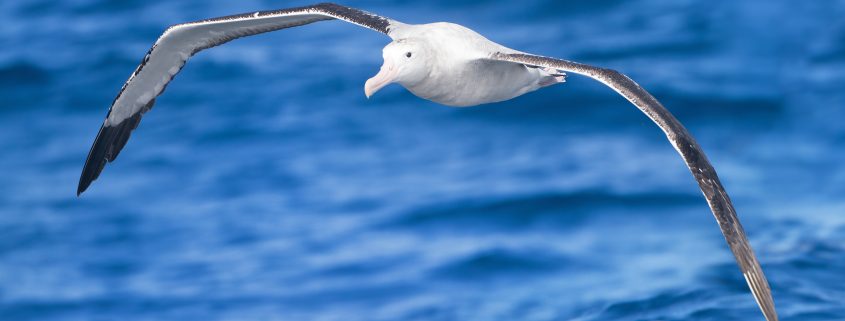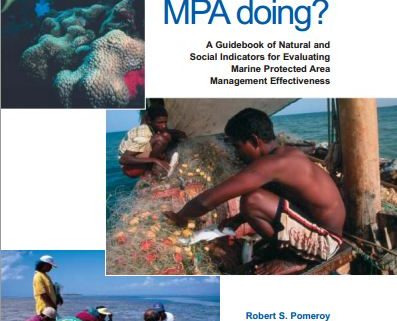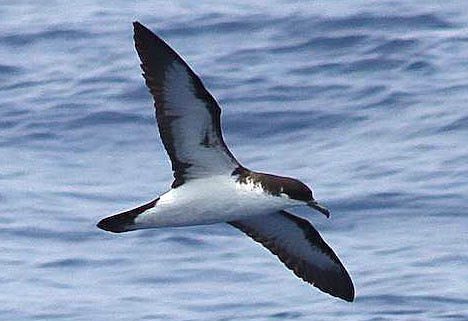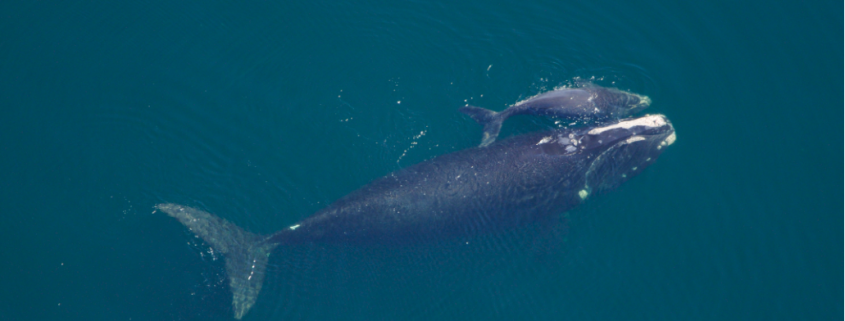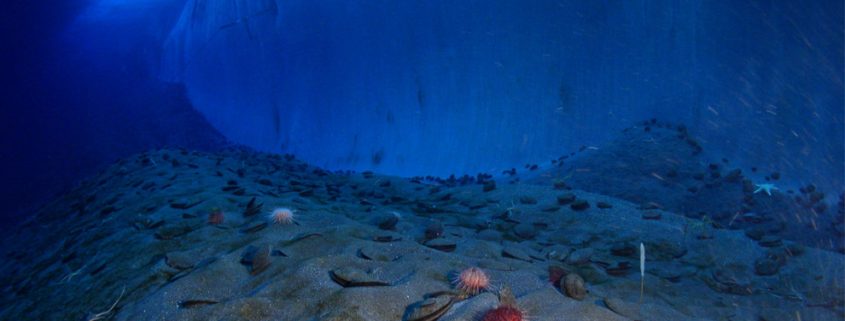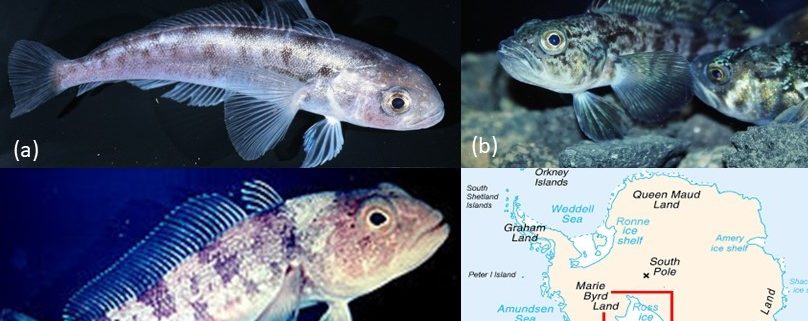A Bird’s Eye View of Illegal Fisheries
By Mitchell Rider, SRC Intern and MS student Seabirds have been attracted to vessels for centuries, but more recently, they have been observed to aggregate in large quantities near fishing vessels to feed on fish scraps or bait (Croxall et al. 2012; Phillips et al. 2016). Their interactions with fishing vessels have been observed and […]
Global Review of Social Indicators used in Protected Area Management Evaluation
By Josh Ratay, SRC Intern Although conservation deals heavily with environmental data, social aspects of conservation initiatives are also extremely important. When human-related considerations are taken into account, certain trade-offs must often be made, but the end result is usually more effective at fulfilling the goals of the project, particularly at the local level. In […]
Light Pollution Induces Increased Seabird Mortality
By Olivia Schuitema, SRC Intern Light pollution has increased fiercely over the last century, resulting in mass fatality events in seabirds, one of the most endangered groups of birds (Rodríguez, 2017). This phenomenon, called “grounding,” happens when land-based artificial lights attract seabirds to the shore, causing them to crash into human-built structures such as buildings […]
A right whale pootree: classification trees of faecal hormones identify reproductive states in North Atlantic right whales (Eubalaena glacialis)
By Brenna Bales, SRC Intern Faecal samples are a surprising wealth of information. One might think that the end product of digestion would not hold more information than simply what an animal has eaten, but in fact, animal excretions can give information about stress levels, sexual maturity, and physiological condition. In this analysis, 112 faecal […]
The Importance of Deep-Water Coral on the Antarctic Continental Shelf
By Sianna Raquel Vacca, SRC Intern Throughout history, both natural and man-made causes have resulted in long-lasting effects on the oceans. While most organic processes yield gradual change, the impact of human activity alters nature by prompting and accelerating otherwise irregular events (e.g. rapid ocean acidification, warming, habitat destruction), diminishing the oceans’ supply of pristine […]
The effects of elevated temperature and ocean acidification on the metabolic pathways of notothenioid fish
By Abby Tinari, SRC intern Notothenioid fish are typically found in the deep, cold waters of the Southern Ocean. Three species of fish native to the Ross Sea were studied to see how they may react to warmer and more acidic oceans. Methods To measure the effects of temperature on the fish, individuals were randomly […]

